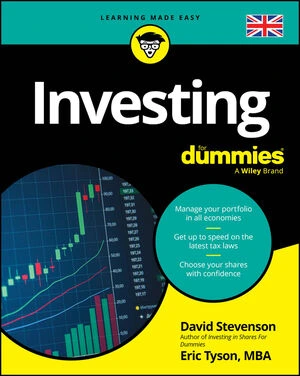People invest in mutual funds for four fundamental reasons: professional management, diversification, convenience, and marketability. The following sections outline these benefits, which make mutual funds most attractive when capital markets are unusually volatile.
Professional management
Mutual funds offer professional management of your money. These managers have the training and resources to keep abreast of and adjust to market changes. Unfortunately, fund managers don’t have a crystal ball giving them the ability to foresee the future; don’t expect your manager to keep you completely out of harm’s way.
Fund managers are required by law to select and manage fund holdings in accordance with the fund’s investment objectives and policies, as described in the fund’s prospectus. These objectives may be designed to minimize your risk exposure.
Diversification: Spreading out the risk
Mutual funds help eliminate some of the risk involved in investing in individual stocks and bonds by giving you shares in many different assets. Remember Enron or MCI? How did that work out for employees who based their futures on company stock? Mutual funds also reduce your cost of diversifying by sharing transaction costs with other shareholders.
Although every mutual fund buys many securities, the funds themselves come in a wide variety of styles and classifications. Some mutual funds specialize in growth, some in value. Some invest in U.S. markets, others in foreign markets. Some invest only in bonds, others in a blend of stocks and bonds. A well-diversified portfolio invests across many styles and types of mutual funds.
Read the prospectus summary and annual report. Sometimes the titles of mutual funds can be misleading. A fund with the word growth in its title doesn’t have to be fully invested in growth stocks. Also, your mutual fund manager’s investment style can drift, especially in turbulent markets.
Convenience
The convenience of mutual funds begins with the initial purchase and continues with investments, withdrawals, reinvestment of dividends and capital gains, record keeping, and tax reporting. Mutual funds make it easy and inexpensive to dollar-cost average (invest regular amounts of money at regular intervals). This strategy is especially beneficial when markets are highly volatile — you end up buying more shares when costs are low. You can usually find everything you need to read, see, or do at a fund’s Web site; otherwise, call the fund company.
Marketability
Marketability means you can easily buy or sell mutual fund shares. Unlike owning a house, you may be able to quickly exchange shares in a mutual fund for another investment or cash. Marketability gives you the flexibility to create and maintain a diversified portfolio.






